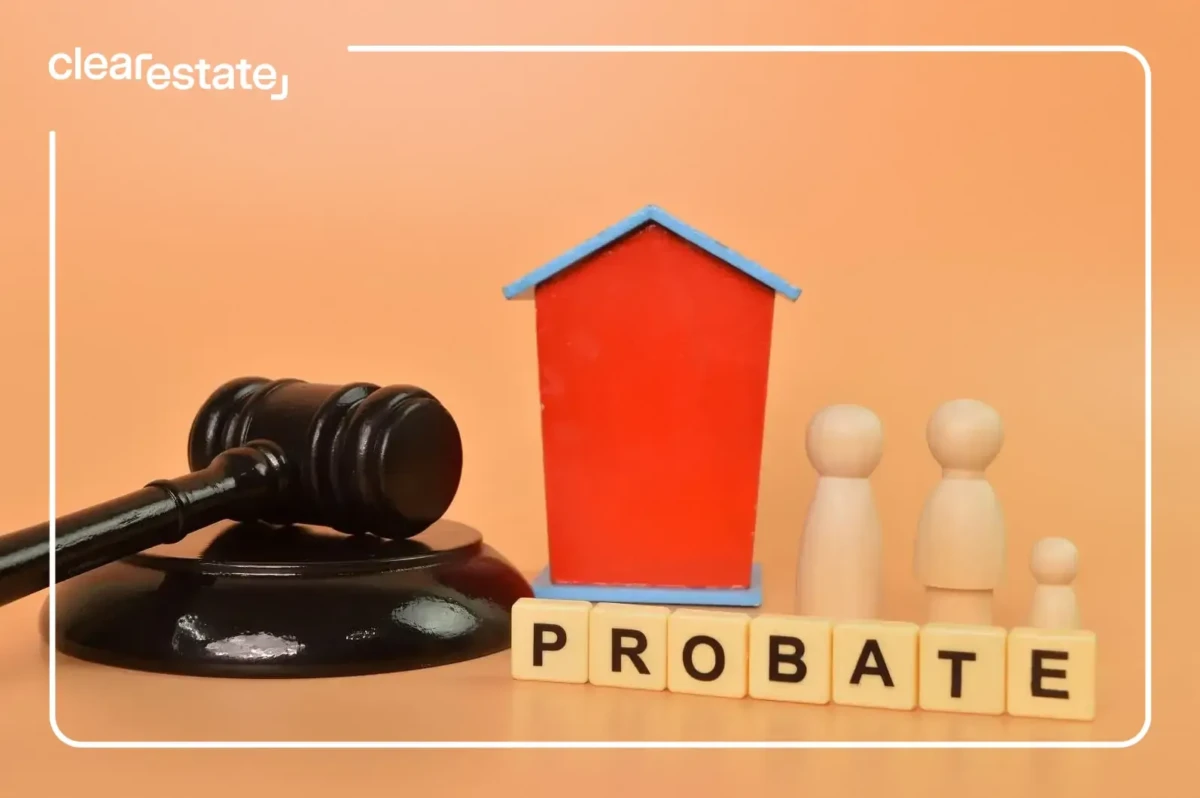Estate Settlement
Dec 04, 2024
How Do Executors Mail Inheritance Checks?
Find out how inheritance checks are mailed, including security measures and what to do if there are delays in receiving them.
Take a look at this guide to learn what probate is and how to file in Saskatchewan.


Losing someone close to you is always a difficult time. And if you’ve been named the executor of your loved one’s estate, then you may be wondering how to go about your duties. Take a look at this guide to learn what probate is and how to file in Saskatchewan.
We regularly share relevant information about probate and estates.
Probate is the legal process of validating a will in a court of law. During this process, the executor of the will is given the authority to oversee the deceased's estate. If an executor was not named by the deceased, the judge will appoint someone. This will usually be the closest blood relative or the main beneficiary.
The executor must locate the will and file it, along with the application for probate, with the Saskatchewan probate court. The executor must then go about settling all debts, bills, and taxes, as well as notifying beneficiaries so the assets can be distributed. They must locate all assets in the estate and determine their value so that they can provide an accounting to the beneficiaries.
The executor of the will also needs to obtain the death certificate and organize the funeral, as well as notify the appropriate parties and agencies of the death, and file claims for benefits such as life insurance.
If you are the estate executor, it's important that you understand when probate is and is not needed, as it will depend on the types of assets that the estate contains. Probate is not needed for the following assets:
Most smaller estates won't necessarily require probate, but larger and more complicated estates may need it. The legal process can also prevent disputes from happening and reduce the likelihood that the will is contested.
You should file your application for probate with the Saskatchewan probate court as soon as possible. The process can take anywhere from several months and up to a year to complete.
The fees associated with probate vary by province. In Saskatchewan, the typical probate fee is set at $7 for every $1,000 of estate value. You will also have court fees to pay. The flat rate is $200, although more complicated estates could require additional documentation and fees. If you obtain the services of a lawyer, you will need to pay legal fees. Finally, if the estate includes land assets, you will need to pay a land title fee.
When you know what to expect, the process of probating a will becomes much less confusing and stressful. ClearEstate can help you navigate all the steps required, including applying for probate, making an inventory of the estate’s assets, and communicating with beneficiaries.
 Simplify Probate Today
Simplify Probate Today
Get expert guidance from our probate specialists who've helped 10,000+ families.
Book a free consultation today